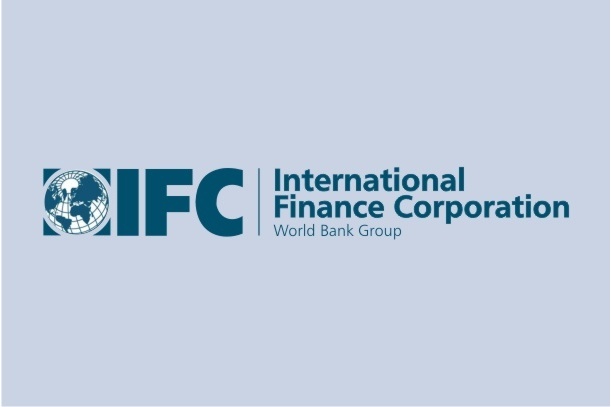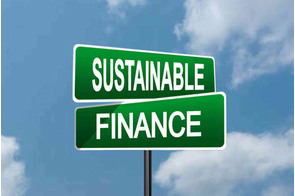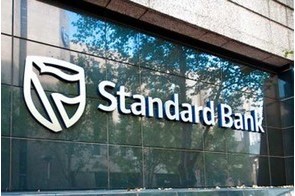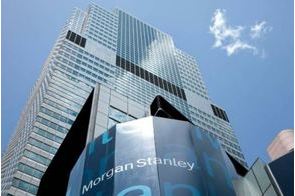IFC hosts session to track progress on Nigerian Sustainable Banking Principles

Summary
The session was part of the IFC’s two-day virtual event under the ESRM Nigeria Programme.
This year marks the 8th year of implementing the Nigerian Sustainable Banking Principles (NSBPs). Since the Central Bank of Nigeria (CBN) directed all commercial banks, discount houses and development finance institutions (DFIs) in 2012 to adopt the NSBPs, many institutions in the financial services industry have made progress in developing products and initiatives aimed at delivering positive environmental and social impacts to society.
To share progress on the implementation of the principles by banks, the International Finance Corporation (IFC) organised an NSBP Knowledge Share session on November 25, 2020. The session also provided banks a platform to discuss their challenges as well as key lessons learnt from the adoption of the principles.
The NSBPs – which are a set of nine principles essentially covering environmental and social (E&S) performance issues – provide the framework for a sustainable banking system in Nigeria. They provide guidelines for effective governance of financial institutions and delivering positive development impact. To achieve these objectives, financial institutions are expected to develop products and services that
create value for customers, clients, investors, as well as society.
To support the Nigerian banking sector in integrating E&S management and sustainability best practices into its lending activities, the IFC launched the Nigerian Environmental and Social Risk Management (ESRM) programme in 2013. The programme is part of the IFC's framework for entrenching sustainable finance in sub-Saharan Africa (SSA).
The ESRM Programme was developed by the private sector arm of the World Bank with the support of the Swiss State Secretariat for Economic Affairs (SECO) and other partners. Apart from Nigeria, the programme is also operational in two other SSA countries: Ghana and South Africa.
The NSBP Knowledge Share session of last month was part of the IFC’s two-day virtual event under the ESRM Nigeria Programme. Access Bank Plc was invited to participate in the session. Apart from being a leader in sustainability in the Nigerian banking sector, the bank championed the development and implementation of the NSBPs.
Access Bank serves as both the Chair and Secretariat of the NSBP Steering Committee. The committee coordinates industry collaboration towards the implementation of the principles. As Chair of the NSBP Steering Committee, Access Bank continues to organise meetings and guide other champions on sustainability best practices.
“We have organised forums and conferences to foster the holistic implementation of the NSBP by encouraging knowledge and experience sharing amongst industry players and other international organisations such as Sustainable Finance Ltd,” said Omobolanle Victor-Laniyan, Head of Sustainability at Access Bank, who gave the opening remarks at the IFC-led session, which had the participation of the CBN, leading commercial banks, merchant banks, discount houses and Nigerian DFIs.
In addition to discussing Access Bank’s sustainability strategy, which focuses on creating long-term value for its stakeholders and integrating environmental, social and governance (ESG) considerations in its business practices, Ms. Victor-Laniyan also mentioned the economic impact of the COVID-19 pandemic. She said the pandemic has threatened the ability of many institutions to survive.
However, the Access Bank’s Head of Sustainability stated that COVID-19 has also provided an opportunity for financial institutions to further embrace sustainability best practices.
Related
-
Global sustainable debt market grows by 26 percent to $247 billion
While green bonds made up the largest part of the sustainable finance market in 2018, attention is now shifting to a ...
-
IFC invests $200 million in Standard Bank’s green bond
The transaction is Africa’s largest green bond issuance and will increase access to climate finance.
-
Two-thirds asset managers pursue sustainable investing – Morgan Stanley
The surge in sustainable investment activity has been spurred by rising investor demand and media coverage.







